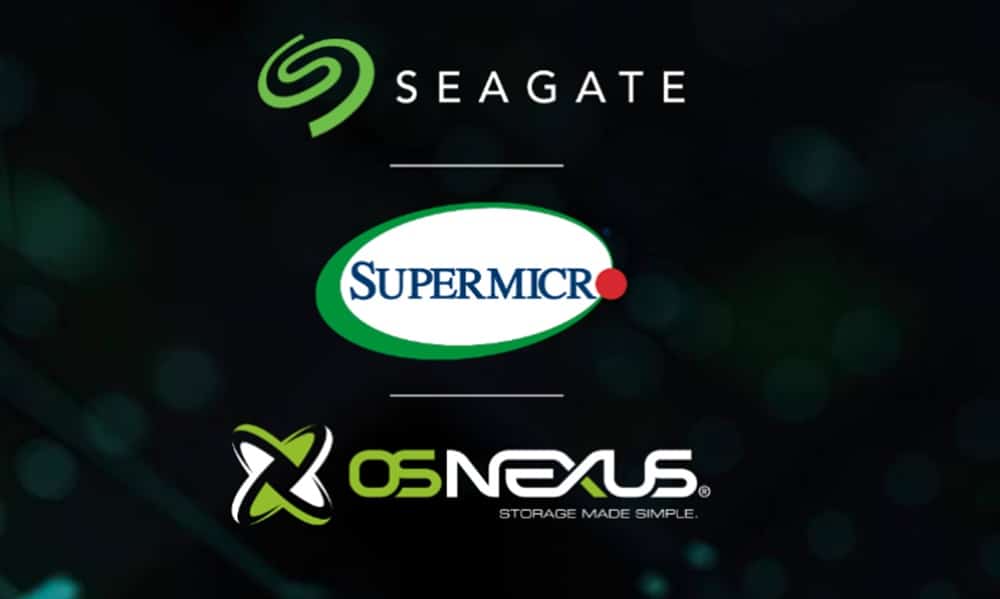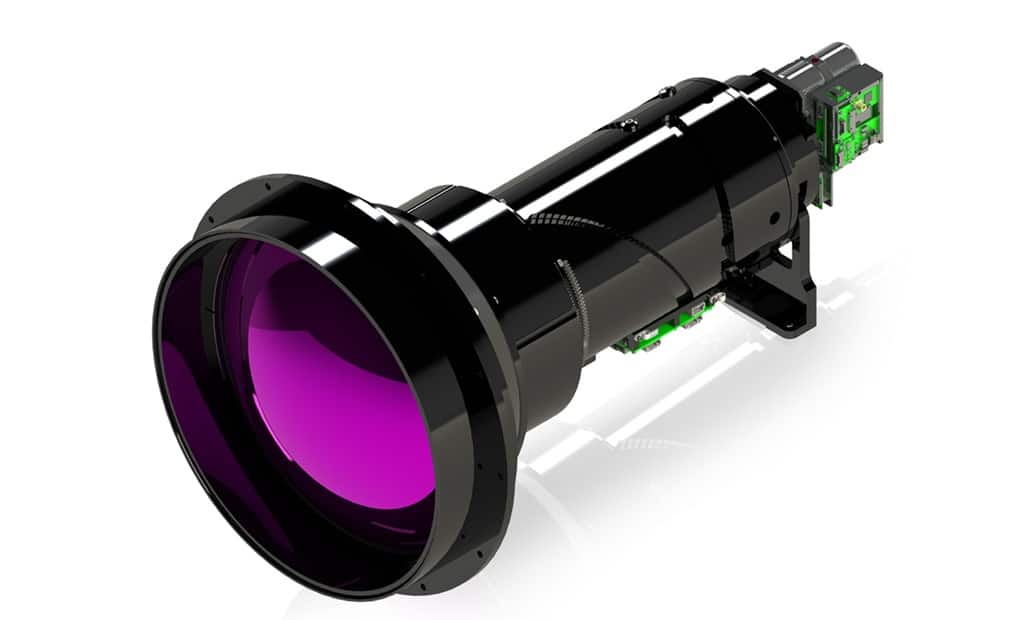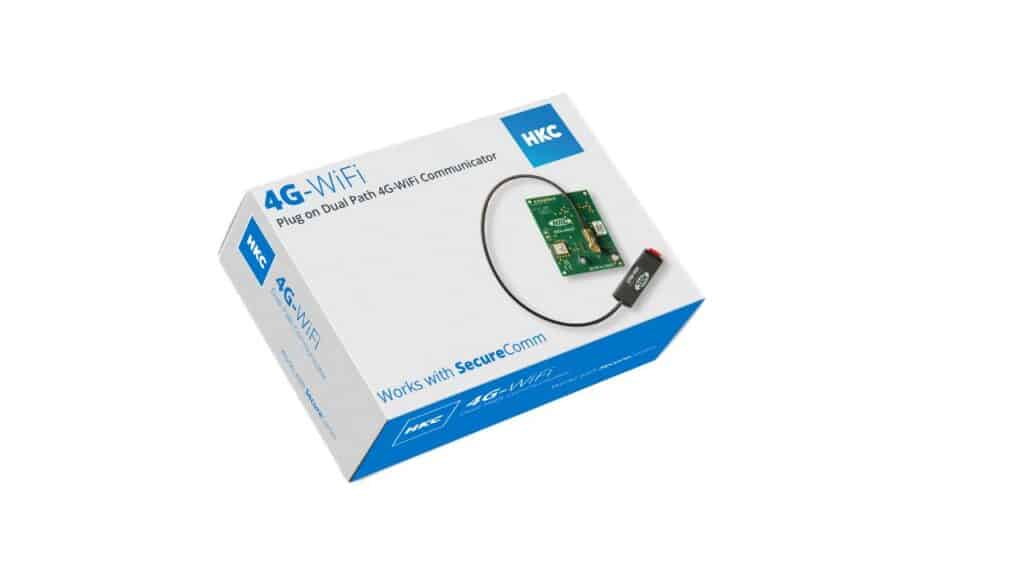The rise of artificial intelligence (AI) has driven unprecedented demand for scalable, high-performance, and cost-effective data centre storage solutions. This is according to Seagate, in a new white paper published on its website, which presents a comprehensive solution combining Supermicro hardware, Seagate Exos hard drives enabled by Seagate’s HAMR-based Mozaic 3+™ technology, and OSNexus QuantaStor software.
According to Seagate, this joint solution addresses the explosive growth in AI-driven data storage needs, providing a robust architecture that supports both scale-up and scale-out configurations. Key benefits include enhanced scalability to accommodate growing AI workloads, exceptional performance with high throughput and low latency, optimised cost efficiency through reduced physical drives and power savings, a unified management platform that simplifies operations, advanced security features for compliance, and reduced environmental impact through energy-efficient storage solutions.
Introduction
The rapid evolution of AI and machine learning (ML) technologies has fundamentally transformed the data storage landscape. Advances in computational power, democratized access for developers, and faster development tools have led to an explosion of AI-driven innovation. As AI models become more advanced, the need for scalable, high-performance storage solutions has never been greater. Data is the backbone of AI, and the ability to store, manage, and access vast amounts of data efficiently is crucial for training AI models and deploying AI applications. Traditional storage solutions often fall short of meeting these demands, necessitating the development of new architectures tailored to the needs of AI workloads.
Evolving AI workloads demand evolving storage solutions
AI workloads present unique challenges that traditional storage solutions struggle to meet. AI models require vast amounts of data for training, often reaching petabyte scale. This data must be readily accessible, as the efficiency of the training process heavily depends on fast data retrieval. Furthermore, AI applications often involve large-scale data processing tasks which demand high throughput and low latency to deliver real-time insights.
Read the paper in full, here
For more Seagate news, click here




